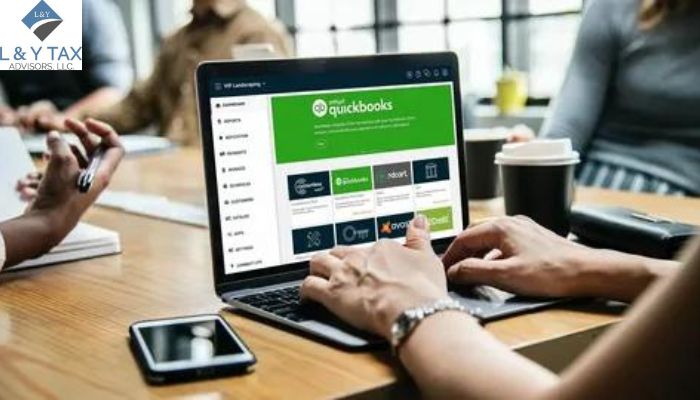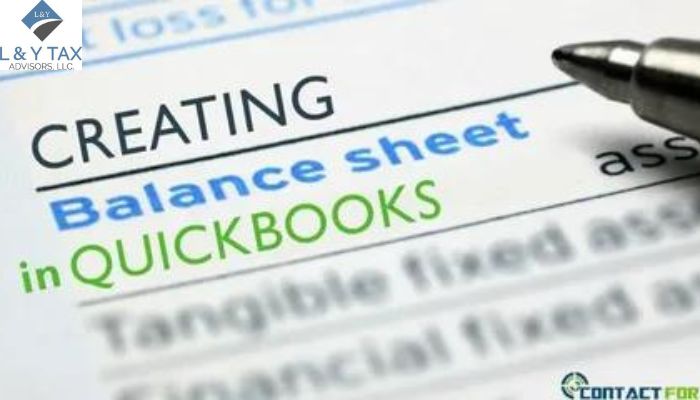Why Use QuickBooks Instead of Excel?
Microsoft Excel and QuickBooks are two software programs that can regulate your finances. The former has long been small business owners’ preferred monetary management tool. However, Excel has limitations. So, why use QuickBooks instead of Excel?
As your company expands, it becomes more apparent that you should start using other software for financial regulation. QuickBooks is specifically designed for accounting purposes. Let’s see why use QuickBooks instead of Excel.
Why Would You Recommend QuickBooks?
There are several benefits of using QuickBooks over Excel, including the following:
Simplified Bookkeeping
You can save a lot of time and effort by using QuickBooks. It helps automate processes like:
- Bank reconciliation
- Bill payment
- Invoicing
Improved Precision
Double-entry accounting rules and built-in formulae reduce mistakes and guarantee data integrity.
Strong Reporting and Analysis
With customizable reports and prominent dashboards, you can have a comprehensive picture of your financial situation. Monitor important data such as cash flow, profitability, and sales trends.
Enhanced Cooperation
Your financial data is safe to view and change by several people, which promotes improved teamwork.
Inventory Management (for Specific Versions)
For increased efficiency, monitor inventory levels, receive notifications when supplies are running short, and simplify purchase orders.
Connectivity to Enterprise Applications
For a more cohesive workflow, integrate QuickBooks with other company technologies you employ, such as point-of-sale or CRM programs.
Get in touch with our QuickBooks & Bookkeeping services.
Limitations of Excel for Growing Businesses
If Excel formulae are not carefully created and reviewed, your financial data can have errors and inconsistencies. These mistakes can accumulate and affect your ability to make decisions and file taxes.
Time-Consuming Data Entry
Entering each transaction by hand is time-consuming and prone to mistakes. QuickBooks automates numerous processes, saving you essential time.
Limited Reporting
Excel provides basic reporting options, but they sometimes need extensive customization. QuickBooks offers prepared dashboards and reports that give you a thorough overview of your money.
Security Issues
Strong security safeguards aren’t built into spreadsheets. QuickBooks provides data encryption and many user access levels for increased security.
Scalability Problems
Your Excel sheets can become cumbersome and challenging as your company’s transactions grow. QuickBooks quickly grows with your business.
Make the Switch: Why Use QuickBooks Instead of Excel?
Switching from Excel to QuickBooks might seem overwhelming. However, there are other tools available to assist. To help you get started, most QuickBooks versions have built-in lessons and guidance. In addition, many accountants offer QuickBooks user-specific training and assistance.
The Bottom Line
So, now you know why use QuickBooks instead of Excel!
Microsoft Excel is a valuable tool for basic bookkeeping. However, a developing company ultimately needs more scalability and automation. A strong accounting platform is offered by QuickBooks. It reduces mistakes, simplifies procedures, and gives you the ability to make wise financial decisions. View it as an investment in your company’s long-term prosperity and well-being.
Read More:


